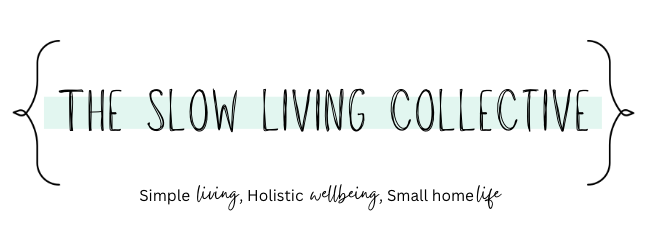Cooking with oils; How to make an informed decision?
When it comes to cooking oils there are a number of different choices and it can be really difficult to know which one is right for you. Not a week goes past where we aren’t giving conflicting evidence about what we should be doing to protect our health. Once upon a time the best thing you could do was add olive oil to your diet, now you shouldn’t cook in olive oil because when heated to high temperatures it can become carcinogenic and therefore becoming unstable and creating cancer causing compounds. I don’t know about you, but sometimes it can be really difficult to separate the facts from the fiction! So today we have decided to go through some of the most commonly used oils and decide whether they are The Good, The Bad or the downright ugly!

The Good
Coconut Oil
Step back, we have a winner! You you hear about it just about everywhere and coconut oil is the clear winner. Coconut oil is made up of more than 90% fatty acids and saturated fat which makes it extremely heat resistant. As many oils become unstable when heated, therefore letting off those nasty cancer causing compounds, coconut oil is the better option. Now all oils can potentially become unstable when heated to extremely high temperatures, but some are better at coping with it than others.
Coconut oil is also noted as having some health benefits as well, including Lauric acid, which can help to kill bacteria, and in some studies has been noted at lowering cholesterol levels in the body. Other studies have noted that coconut oil can temporarily raise the body’s metabolism which can help towards losing weight especially around your midsection. If those benefits weren’t enough, it smells and tastes great too.
Butter
Hold the phone … butter is back? Guess you heard that right, butter has returned! Remember that we’ve been being told that butter is bad for us, it’s making us fat and it’s giving us all heart attacks? Well it turns out that might not have been as true as we first thought. In fact many studies have shown that butter from grass fed cows contains essential fatty acids as well as vitamins A, E and K. Butter can be used in cooking and many studies now show that there is no link between saturated fat and heart disease.
The Bad
Olive Oil
For years we were told Extra Virgin Olive Oil was the way forward, and while we can’t deny its heart healthy benefits, it isn’t always the best oil to use when it comes to cooking. When heated Extra Virgin Olive Oil can become unstable and potentially release those nasty cancer-causing compounds you do not want in your diet. That’s not to say you should be avoiding extra virgin olive oil completely, instead use a different oil when cooking at high temperatures and use your Extra Virgin Olive Oil in dressings, dips and even sauces. You might even want to put a little on your salad. Extra Virgin Olive Oil in this format has an abundance of health benefits, including raising your good cholesterol and low in your bad cholesterol.
Avocado Oil
Nut Oils
There are many nut oils available on the market including toasted nut, peanut, macadamia and hazelnut. All have their own distinct flavours and tastes but none of these should be used for cooking, mainly because they are full of polyunsaturated fats. These oils become unstable when cooking at high temperature with the only exception to this rule being the macadamia nut oil, which can be used for cooking but only when cooking at a low temperature.

The Ugly
Palm Oil
Find out the real ugly…
- Rapeseed oil
- Canola oil
- Safflower oil
- Rice bran oil
- Soybean oil
- Corn oil
- Sesame oil
- Sunflower oil
- Cottonseed oil
